I've been using puzzles more and more lately with some of the (respectfully) competitive programs I've been leading for Group Dynamix (I'm one of their contract facilitators - we run Team Olympix events for groups that want a more competitive experience). Puzzles are a nice complement to the more physical challenges - reaching different learning styles or "kinds of smarts."
- Warned
- Kyceb
- Hrsic
- Bybed
- Nave
- Krafn
- Riagoeg
- Theehar
- Vani
- Fienjern
- Nivke
- Araul
(How long did it take you to recognize the pattern? What name were you on when it clicked?)
(Answers: 1. Andrew, 2. Becky, 3. Chris, 4. Debby, 5. Evan, 6. Frank, 7. Georgia, 8. Heather, 9. Ivan, 10. Jennifer, 11. Kevin, 12. Laura)
Chris Cavert, Ed.D.
What are you favorite puzzles? Share in the comments below.....


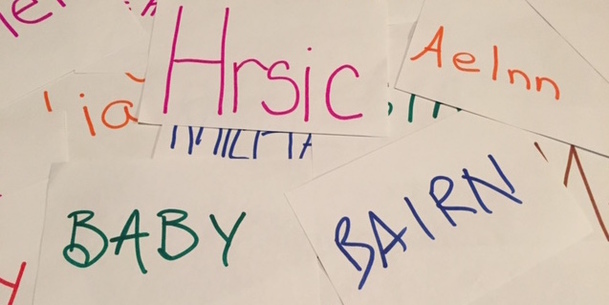
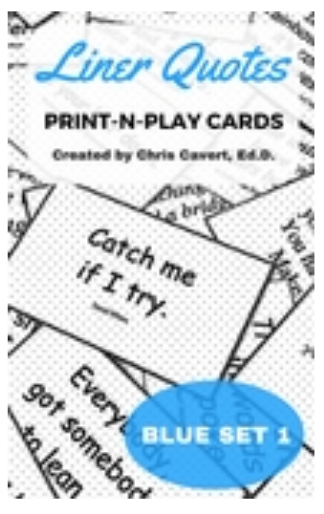
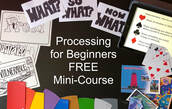
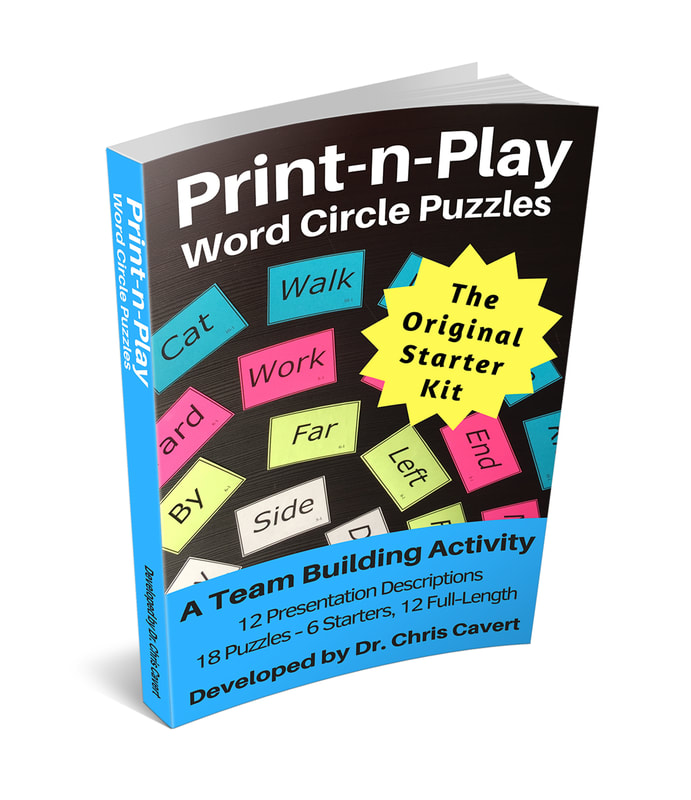
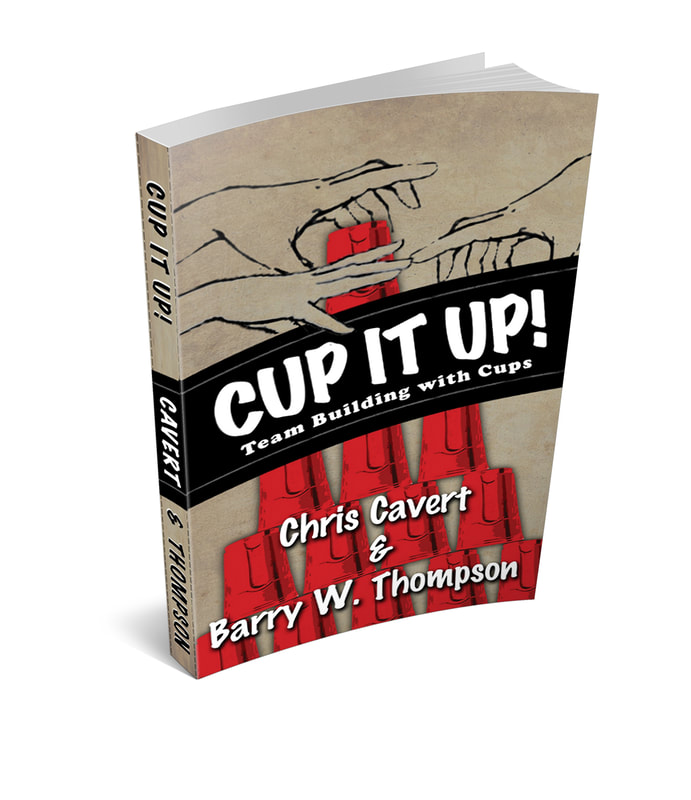
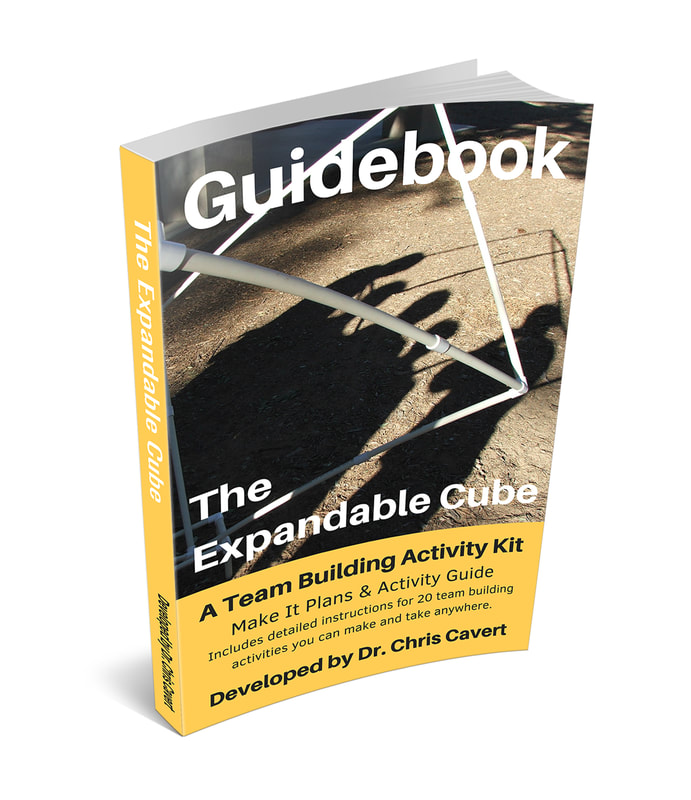
 RSS Feed
RSS Feed